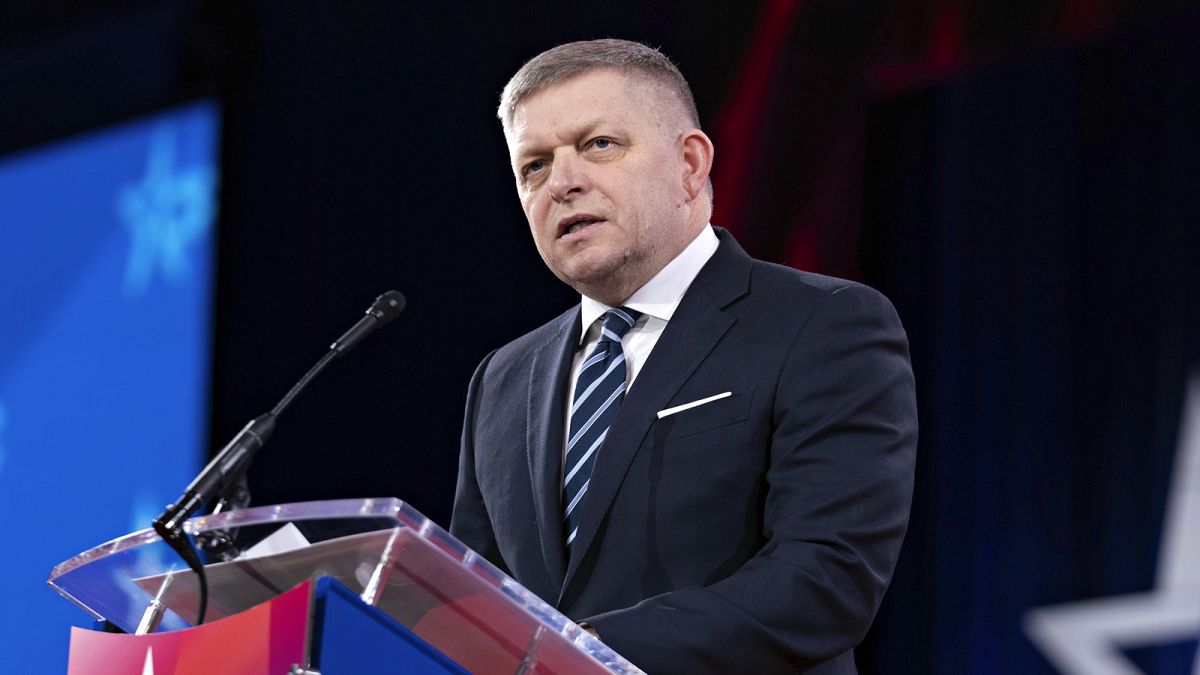

In a rapidly evolving global landscape, recent events have underscored the complexity and interconnectedness of international relations. This week has seen pivotal developments ranging from diplomatic negotiations to economic agreements, all bearing significant implications for various regions and the wider world.
In the European Union, a decision by Slovakia’s Prime Minister, Robert Fico, to veto a new round of EU sanctions against Russia has captured considerable attention. The move, primarily driven by financial considerations, highlights the intricate balance member states navigate between ethical stances and economic interests. Fico’s veto underscores the ongoing challenge of achieving consensus within the EU on sanctions, reflecting diverse national interests and the role of economic compensation in diplomatic decisions.
Meanwhile, in the Middle East, dialogues between Iran and the United States have encountered complications. Iran’s Foreign Minister has expressed concerns over recent US military actions against nuclear sites, which have cast a shadow over potential negotiations. Despite optimistic statements from former US President Donald Trump about the possibility of renewed talks, Iran has indicated that no plans are yet in place, underscoring the delicate nature of diplomacy in this volatile region.
Amidst these tensions, there is a glimmer of hope as Russia and Ukraine have confirmed a new prisoner swap following talks in Istanbul. This development represents a small step forward in diplomatic efforts, although both sides continue to exchange hostilities despite ongoing attempts to broker peace. The exact number of prisoners exchanged remains undisclosed, but the move is a testament to the potential for dialogue even in strained relations.
Further afield in Africa, Rwanda and the Democratic Republic of the Congo are on the brink of signing a peace agreement in the United States, aiming to end long-standing conflict in the eastern DRC. Facilitated by Trump’s administration, the deal seeks to bring stability to a region long troubled by violence. However, the vague terms of the agreement have raised questions about its effectiveness in delivering lasting peace.
In economic news, the United States and China have reached an agreement to expedite the shipment of rare-earth materials to America. This accord is part of broader efforts to resolve the ongoing trade war between the two economic giants. The deal was confirmed by the White House, with China reiterating its commitment to continue approving export permits. This development is particularly significant, considering the strategic importance of rare-earth materials in advanced technology production and the global supply chain.
Together, these international developments reflect the complexity of contemporary geopolitics, where diplomacy, economic interests, and security concerns intersect. As nations navigate these challenges, the importance of dialogue and negotiation remains paramount in fostering stability and progress in the international arena.
Source: {link}
